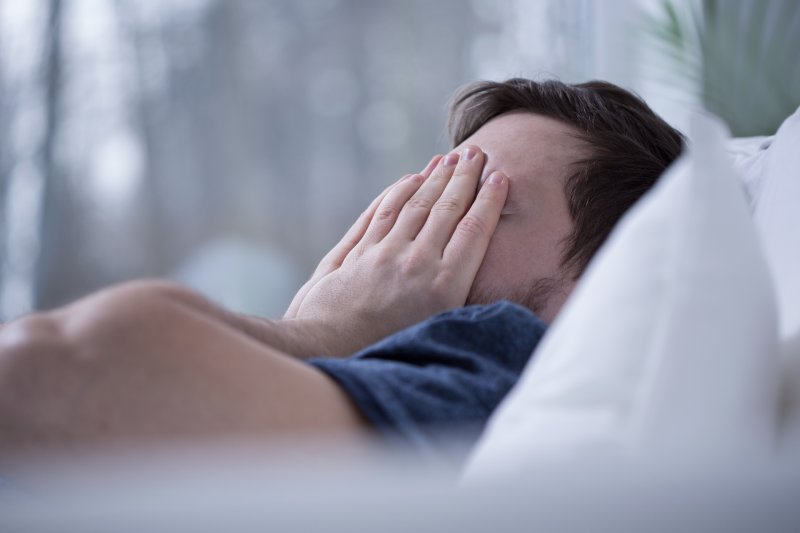
Millions of Americans suffer from obstructive sleep apnea (OSA), a sleep disorder that causes people to experience frequent pauses in their breathing that last ten seconds or more. Well, it may surprise you to learn that out of all those affected, up to 80% are undiagnosed. That’s primarily because there are several misconceptions about the disorder that keep people from getting a diagnosis and seeking much-needed treatment. With that in mind, read on as we debunk the five most common sleep apnea myths.
Sleep Apnea Is Just Loud Snoring
Loud snoring may be a hallmark symptom of sleep apnea, but that doesn’t necessarily mean you have the disorder. Snoring is caused by the vibrations of soft throat tissues and the airway, meaning that air is having trouble moving in and out of the lungs. Because of that, it’s entirely possible to e a snorer and not have sleep apnea. Therefore, it’s crucial to keep an eye out for other warning signs of the disorder, such as:
- Excessive daytime drowsiness
- Frequent waking throughout the night, possibly gasping or choking
- Falling asleep when tired or bored
- Chronic daytime fatigue after 7-9 hours of sleep
It Only Affects Adults
Believe it or not, obstructive sleep apnea is fairly common in children, affecting as many as one in ten. In most cases, symptoms are mild and the child will grow out of it eventually. However, it’s still important to take your little one to a doctor in case they need treatment. Sleep apnea can cause some children to have behavioral problems or medical issues.
Sleep Apnea Will Go Away on Its Own
False! Some people don’t take sleep apnea seriously and live under the assumption that they can live without therapy. However, that couldn’t be further from the truth. Sleep apnea is a dangerous condition that will not get better on its own. If you fail to seek treatment, it can lead to severe complications like high blood pressure, heart disease, stroke, and an increased risk of cancer.
Alcohol Will Help You Sleep Better
Do you like to have a glass of wine before bed? Many people with sleep apnea do, claiming that it helps them fall asleep. However, studies have revealed that alcohol is actually detrimental to sleep. Although it acts as a depressant and can make you drowsy, it also inhibits REM sleep (the most important stage of sleep). Additionally, alcohol relaxes the muscles which can lead to more apneic events.
Every CPAP Machine and Mask Is the Same
Patients who are newly diagnosed with sleep apnea receive their treatment equipment from a Durable Medical Equipment Provider (DME). Typically, that includes a CPAP machine and a mask. What most new patients fail to realize is that there are several CPAP machines available. It’s important to survey your options and find the right one for you, as it can make a significant difference in comfort and therapy success.
Now that we’ve put some common sleep apnea myths to rest, you can be more vigilant about your health and seek treatment when needed. By doing so, you can enjoy a good night’s sleep once again and have a better quality of life!
About the Author
Dr. Erin Prach is passionate about helping her patients enjoy a healthy smile and a better quality of life. She has taken numerous hours of continuing education courses to refine and grow her skill set. If you think you may suffer from sleep apnea, don’t hesitate to reach out to Dr. Prach for assistance. She’ll confirm a diagnosis and get you the treatment you need, doing everything possible to help you enjoy a full night of rest once again. You can reach Dr. Prach via her website or call (307) 337-4770.
